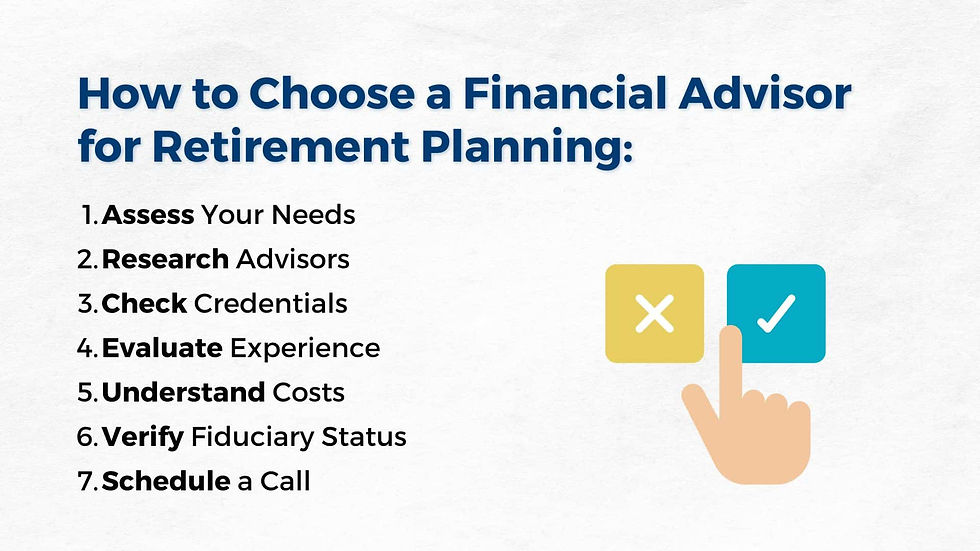Social Security serves as a crucial safety net for millions of Americans, providing financial support during retirement. A common question among retirees and those approaching retirement age concerns the age at which they can earn an unlimited income while still receiving Social Security benefits. Understanding this age limit can assist individuals in making informed financial decisions as they transition from full-time work to retirement.
At what age can you earn unlimited income on social security?
You can earn unlimited income without affecting your Social Security benefits once you reach full retirement age (FRA), which is between 66 and 67, depending on your birth year.
Understanding Full Retirement Age
Full retirement age (FRA) is the age at which individuals can receive their full Social Security retirement benefits without reductions. FRA varies based on the year of birth. Here’s a breakdown of FRA according to birth year:
| Birth Year | Full Retirement Age |
|---|---|
| 1937 or earlier | 65 |
| 1938 | 65 and 2 months |
| 1939 | 65 and 4 months |
| 1940 | 65 and 6 months |
| 1941 | 65 and 8 months |
| 1942 | 65 and 10 months |
| 1943 – 1954 | 66 |
| 1955 | 66 and 2 months |
| 1956 | 66 and 4 months |
| 1957 | 66 and 6 months |
| 1958 | 66 and 8 months |
| 1959 | 66 and 10 months |
| 1960 or later | 67 |
As illustrated in the table, those born in 1960 or later have a full retirement age set at 67.
Income Restrictions Before Full Retirement Age
Before reaching FRA, retirees can earn up to a certain limit without affecting their benefits. For 2023, the earnings limit is $21,240. If you exceed this limit, your benefits will start to decrease. Here’s how it works:
- For every $2 you earn over the limit, $1 will be withheld from your Social Security benefits.
- In the year you reach FRA, the limit increases to $56,520. If you surpass this amount, $1 will be withheld for every $3 earned over the limit, but only for the months before you reach your FRA.
The Benefits of Waiting Past Full Retirement Age
Choosing to delay your Social Security benefits past your FRA can lead to increased monthly payments. For every year you postpone receiving benefits after your FRA, your monthly payment can increase by approximately 8% until you reach age 70.
| Age | Benefit Adjustment (%) | Example Monthly Benefit |
|---|---|---|
| 67 | 100% | $2,000 |
| 68 | 108% | $2,160 |
| 69 | 116% | $2,320 |
| 70 | 124% | $2,480 |
This strategy may be beneficial for individuals who can afford to wait, ensuring that they receive a higher monthly benefit for the rest of their lives.

Planning for Retirement Income
- Consider Your Financial Needs: Evaluate your current financial situation and projected expenses during retirement. This assessment will guide whether you need to take Social Security benefits early or can afford to delay them for a higher payment.
- Assess Other Income Sources: Apart from Social Security, consider pensions, retirement accounts, investments, and any part-time income that you might earn. This comprehensive outlook will help you better understand your financial landscape.
- Consult a Financial Advisor: Engaging with a professional can provide tailored advice based on your unique situation. A financial advisor can help you strategize when to claim Social Security, how to manage investments, and how to plan for taxes in retirement.
Tax Implications of Earning Income While on Social Security
Earning income while receiving Social Security benefits can have tax implications. If your “combined income” exceeds certain thresholds, a portion of your Social Security benefits may become taxable.
| Filing Status | Combined Income Threshold | Taxable Percentage |
|---|---|---|
| Single | $25,000 | 50% up to 85% |
| Married Filing Joint | $32,000 | 50% up to 85% |
| Married Filing Separate | $0 | 85% |
Combined income includes your adjusted gross income, tax-exempt interest, and half of your Social Security benefits. Proper planning can help mitigate any adverse tax consequences.
Conclusion
Navigating the complexities of Social Security can seem daunting, but understanding the age at which you can earn unlimited income is foundational for effective retirement planning. After reaching your full retirement age, you can earn any amount without impacting your Social Security benefits.
As retirement approaches, consider your current financial needs, assess other income sources, and consult a financial advisor for personalized guidance. With careful planning, you can secure a financially stable retirement while making the most of your Social Security benefits.


